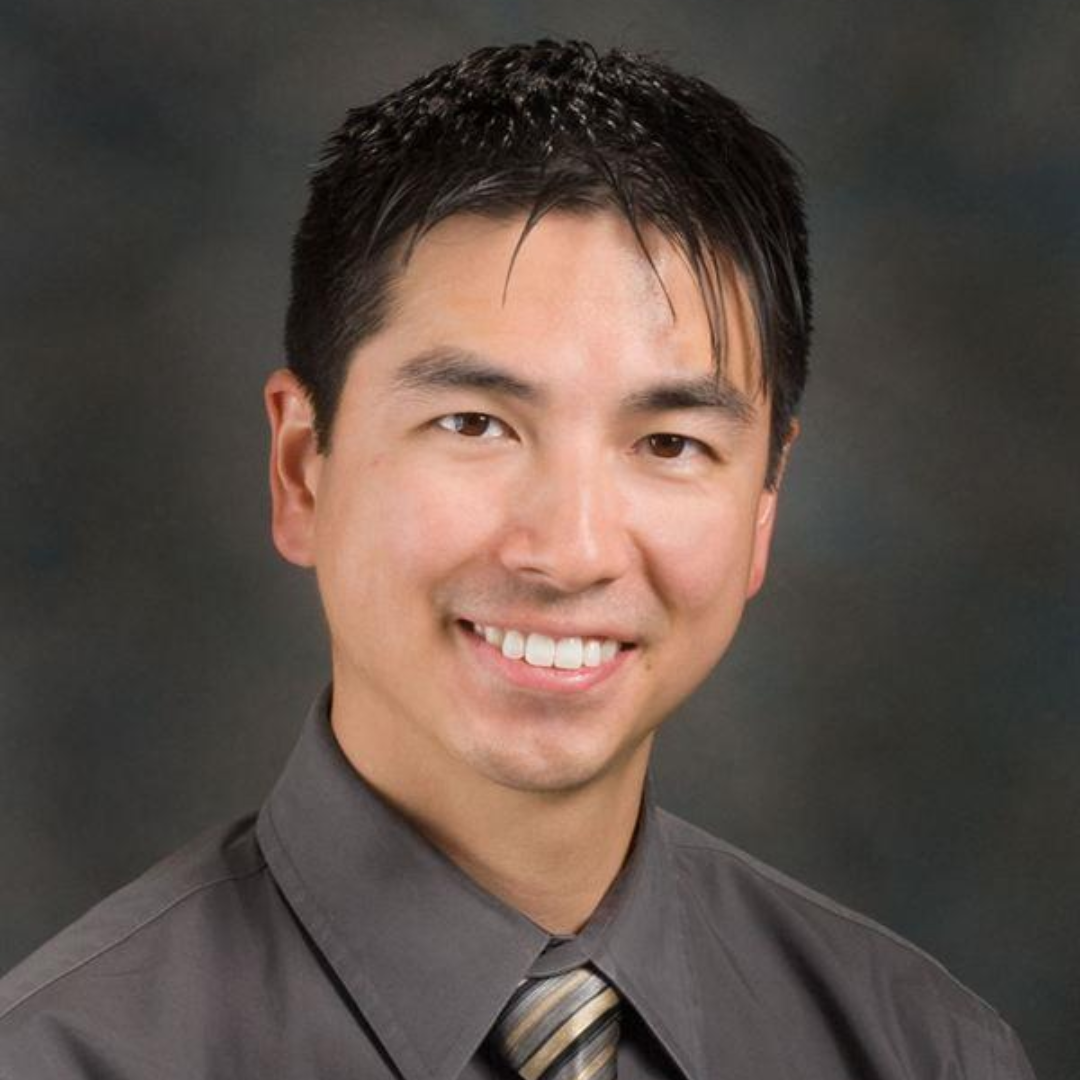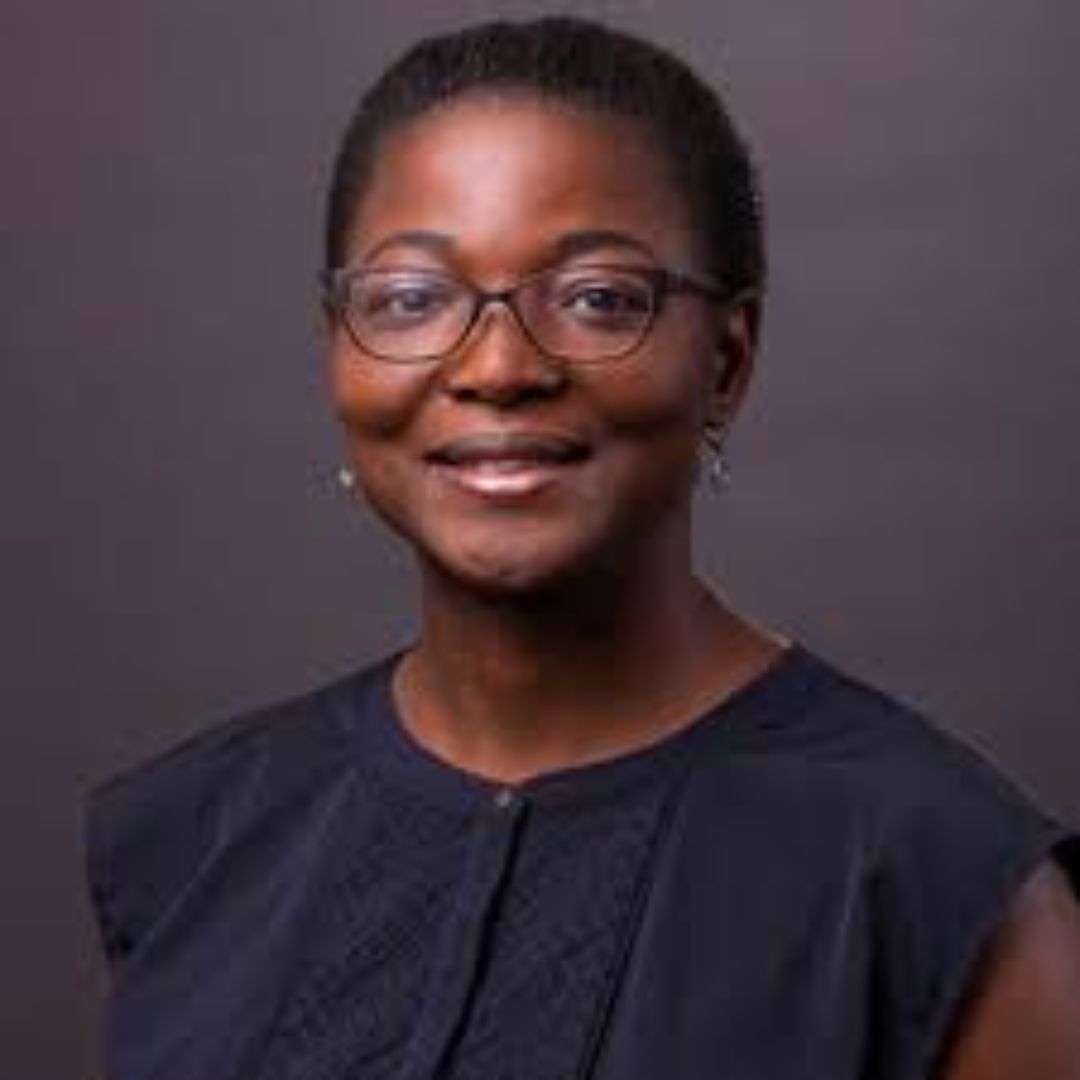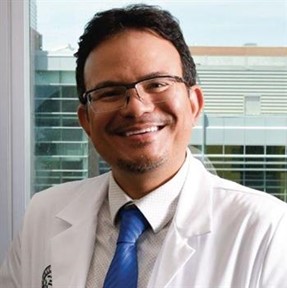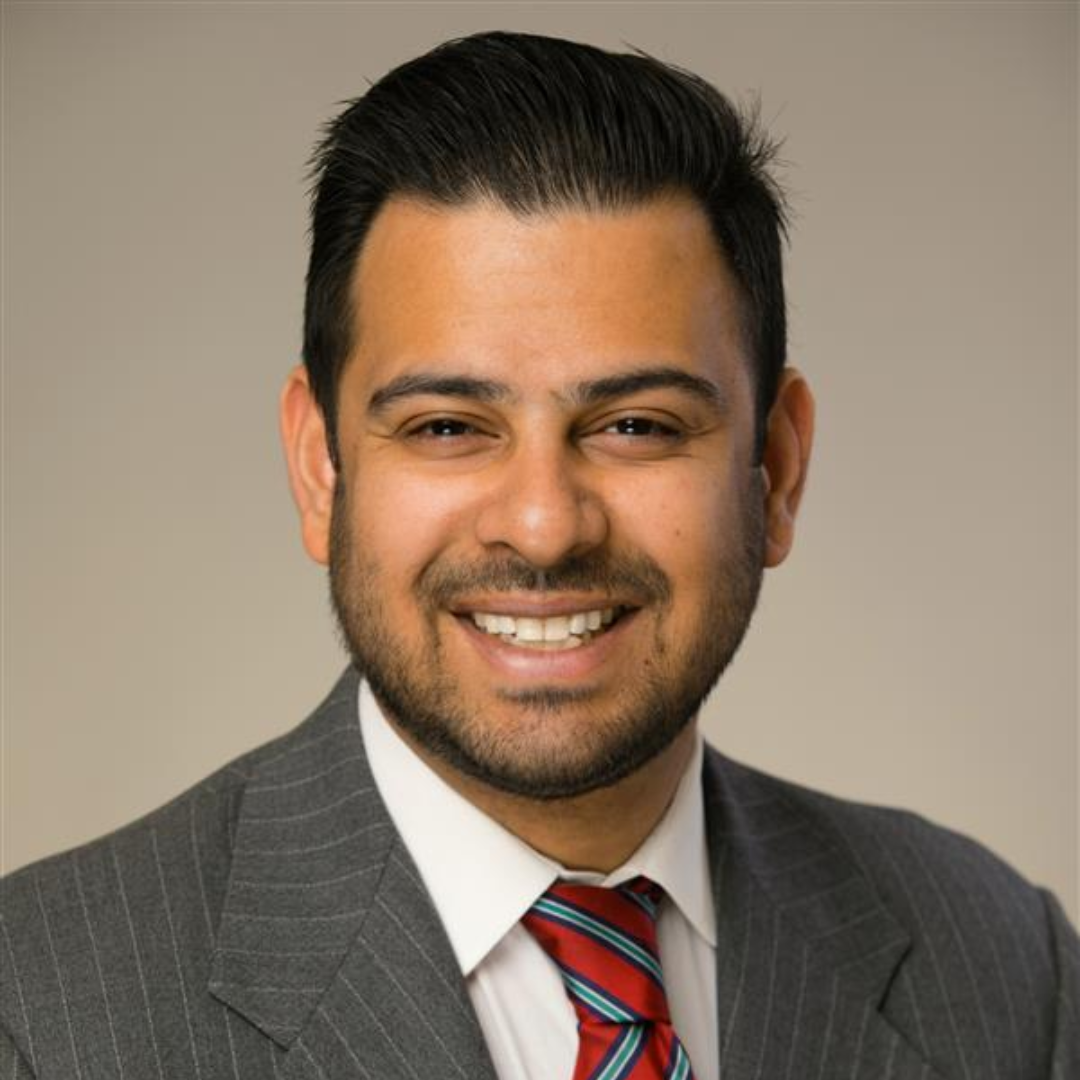medical oncology newsroom

Rise in Colon Cancer Among Younger Populations
According to Dr. Chris Lieu, colon cancer is becoming the number one cancer-related issue in younger populations, with The American Cancer Society expecting more than 150,000 people to be diagnosed with colorectal cancer in 2024.

How a Passion for Research Can Improve Patient Care
Dr. Baiyee discusses how her love of research has not only allowed her to improve patient care but also advance medicine. "It’s not just about taking care of patients, as far as their disease, but more holistically. My goal is to make this really, really hard experience as tolerable as possible and to offer them all the support we have"

Research Seeks Enhance Cellular Immunotherapy
Dr. Davila was recently awarded the Anschutz Acceleration Initiative Grant, he sits down to discuss his aim to enhance all forms of cellular immunotherapy has been awarded the Anschutz Acceleration Initiative Grant.

Discussing the Merits of Second Opinions with Dr. Messersmith
Dr. Messersmith discusses the ways in which a second opinion can boost patient confidence in the diagnosis and treatment recommendations.

Robert Lentz, MD, Recipient of the 2023 ACS Grant
Robert Lentz, MD, received funding to test the combination of two drugs in colorectal and pancreas ductal adenocarcinoma. “Metastatic colorectal and pancreas ductal adenocarcinoma are common and deadly and frequently harbor KRAS mutations, novel treatments are desperately needed.”

Tejas Patil, MD, Receives Gilead Grant
Thanks to a grant from the Gilead Sciences Research Scholars Program, University of Colorado Cancer Center member Tejas Patil, MD, is launching a study to better understand how persister cells survive in the presence of targeted therapy and what methods might be used to target them to improve patient survival.

Expanding the Umbrella of Care
In the earliest days of specialized cancer care, either individual oncologists were burdened with the expectation to know everything, or patients were sent on treatment journeys that could involve multiple visits with multiple clinicians in multiple locations. Drs. Lieu and Kim discuss the benefits of multidisciplinary care.

Dr. Davila Discusses Importance of PIKE-PREP Program
PIKE-PREP offers students from URM communities multi-dimensional mentorship and research training designed to prepare them for enrollment and success in a top-tier PhD or MD/PhD program.